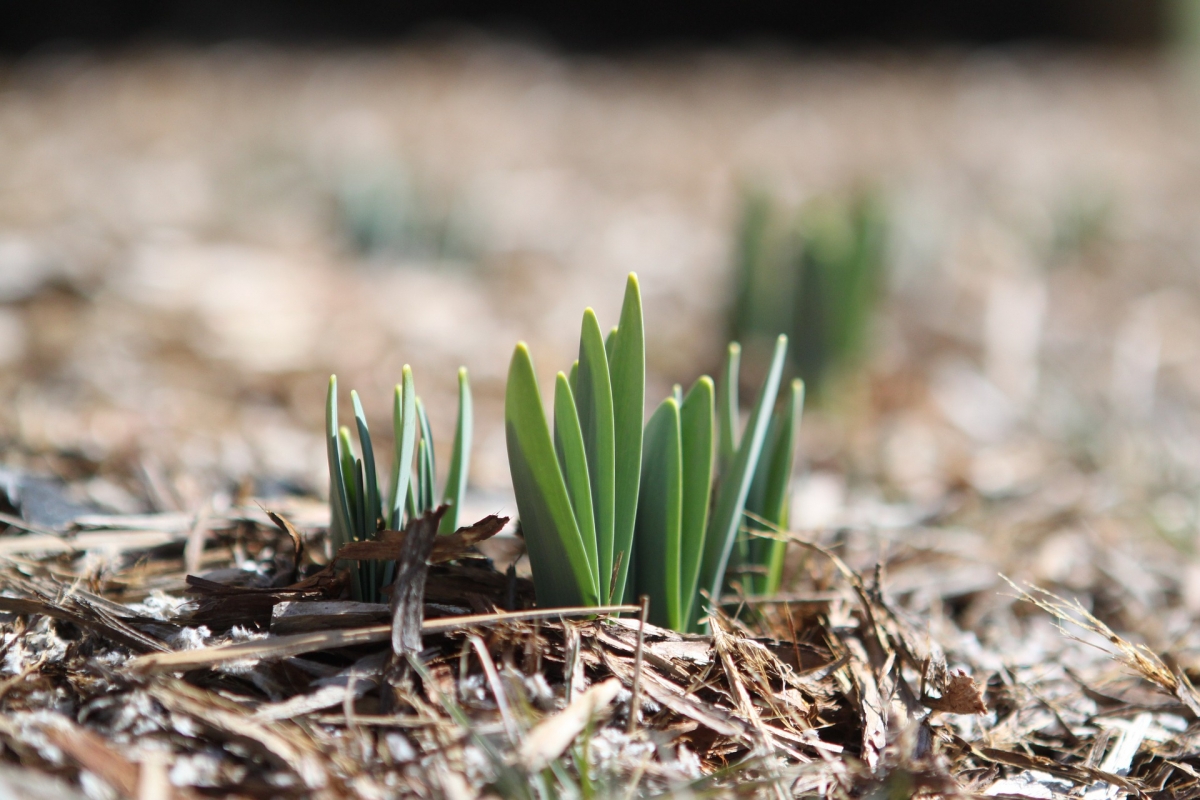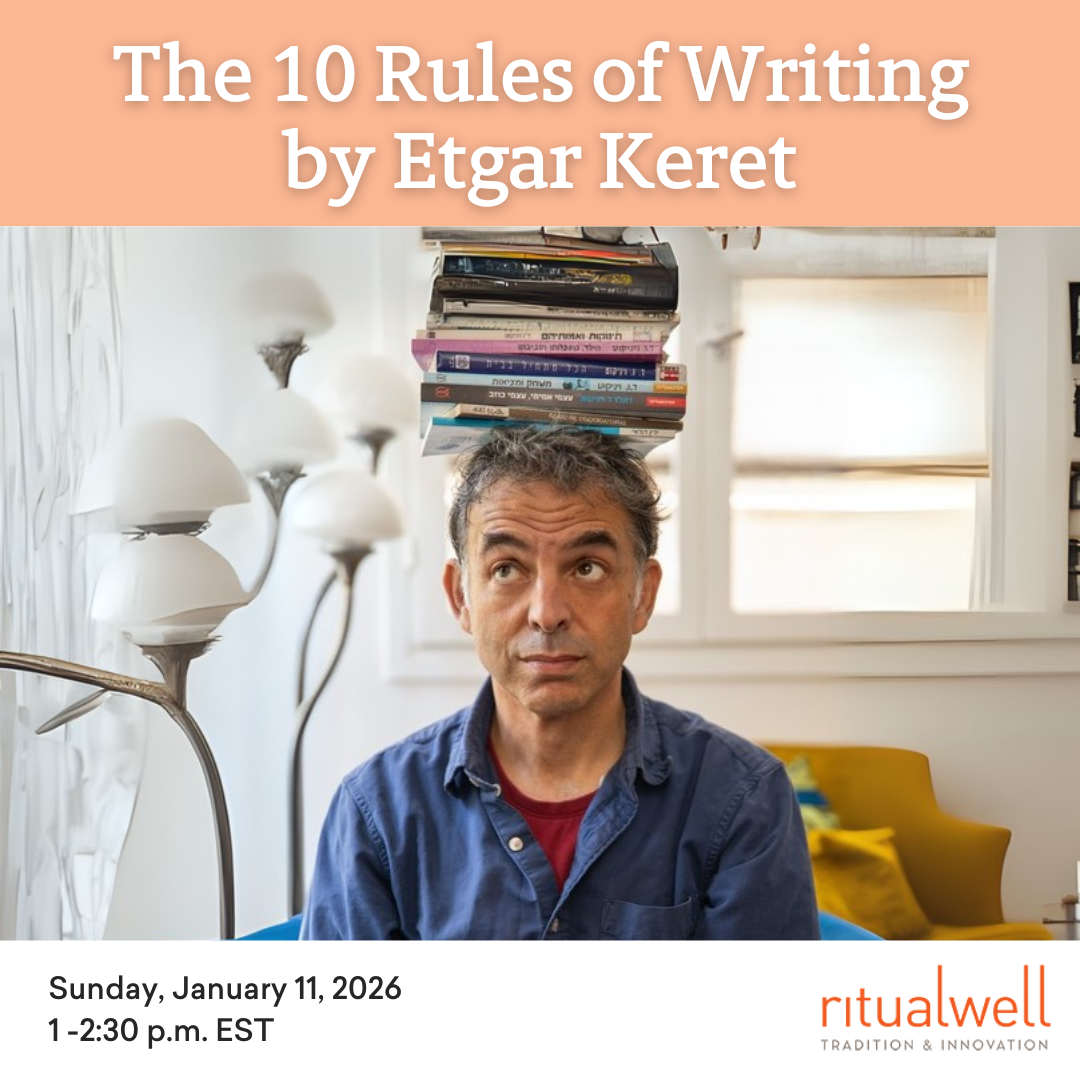Practice Instructions: Set a timer for yourself for 5, 10 or 15 minutes of this practice. Or for whatever amount of time your intuition calls for. As you’re welcoming whatever arises periodically notice shifts or changes, if any, in your body just taking note for yourself.
Partner Instructions: In this recorded meditation we give permission to one another r’shut zeh la-zeh – by welcoming our own experience. Welcoming our experiences and being our authentic self inherently invites those around us to do the same. It is also possible to grant one another direct permission using this meditation. Here’s how to practice with a partner: Sit with a partner and take a few moments to arrive and ground with the instructions above. Each person will have 3 minutes (or another set time) in each role. Partner 1 will share out loud what they notice, a thought, emotion or sensation. The second person will repeat back what was shared followed by “.. is welcome here.” Partner 1 will then share the next thing that comes up and Partner 2 will again repeat what was shared followed by “is welcome here” and so on. Silent intervals are welcome. When the time is up, thank each other and switch roles. In each role, periodically notice any shifts in your body and take note for yourself. After both partners have gone, allow a moment to notice what is present for you.
Take a moment to arrive where you are. You don’t need to be entirely still while meditating but finding some kind of steady supportive posture that helps enable you to place your attention where you choose.
It can be helpful to bring your attention to a place of contact. Perhaps the feeling of sitting in a chair, the soles of your feet against the ground, maybe your hands touching one another or resting on your lap. By noticing points of contact we inherently bring our attention into the present moment. So taking a moment to notice the sensation of the contact.
The Sh’ma. The core of Jewish liturgy is a declaration of one G!d
In Chasidic terms: everything is G!d and nothing but G!d
And so the Sh’ma is a declaration of the interdependence of everything
In our Justice work, our goal is to reach past and to dismantle systems of inequality in order to honor the interdependence and each of it’s holy parts.
Perhaps, and I’d like to suggest that, we can find guidance for our Justice work in the liturgy that prepares us for reciting the Sh’ma.
In the morning liturgy we find a beautiful scene of Angels in dialogue.
The angels all accept on themselves, כֻלָּם מְקַבְּ֒לִים עֲלֵיהֶם chul-lam m’kab-b’lim a-lei-hem
the yoke of the kingdom of heaven from one another, עֹל מַלְכוּת שָׁמַֽיִם זֶה מזֶּה ol mal-chut sha-má-yim zeh mi-zeh.
The עֹל ol, or the Yoke I think of as an articulation of intersectionality.
Our various fights for freedom and liberation are inextricably linked with one another.
Sometimes we fight for something personal, sometimes we strategically fight for something less personal. Both are valid. Both are useful.
Though not always comfortable, when we fight in tandem, like oxen yoked together, we are stronger.
We find in Jewish tradition that the angels exist in a hierarchical system and despite their celestial hierarchy they choose, in this liturgy, to accept on themselves responsibility for and from each other, and individually and collectively yoke themselves to the Kingdom of Heaven.
As activists I believe we’ve also chosen to yoke ourselves to the Kingdom of Heaven. We’ve committed to working for a social structure where people are in right relationship with one another and the earth. The Kingdom of Heaven does not rely on monarchy or capitalism, but rather the Kingdom of Heaven is formulated through mutual aid and through honoring the diversity of people – a formulation of olam habah, the world to come. The Kingdom of Heaven celebrates each individual component of the interconnection, and honors the interconnection itself in collaboration with each other, zeh mi-zeh.
The liturgy continues, perhaps with instruction:
וְנוֹתְ֒נִים רְשׁוּת זֶה לָזֶה v’no-t’nim r’shut zeh la-zeh
The angels grant one another permission…
Many of societies’ kingdoms require us to deny our own experience. Kingdoms of capitalism, cis-hetero patriarchy, white supremacy and ableism are kingdoms of domination and suppression. Emulating the angels we can grant permission to each other, welcoming parts of ourselves that we may have pushed away as we were socialized into these unholy kingdoms. We can undo their hold.
When we grant permission to ourselves, to be just how we are, to experience whatever is actually happening we end up giving permission to the other people around us to be just as they are.
And, similarly seeing other people being who they are serves as a sign that we can be just who we are.
We can practice giving ourselves permission, allowing and welcoming our true experience moment by moment. Through this practice, we may subtly unravel our socialization by granting permission to pieces of ourselves that are not permitted in kingdoms of domination.
So let’s practice. Coming back to our posture, again finding a balance of ease and support. Allowing your body to fall into alignment where it can. Allowing any muscles that want to relax to do so and to be supported by your bones. And coming back to where your body is in contact, either with a chair, a bed, the ground or with itself.
This meditation, a meditation of permission and welcome, is an open awareness practice. Meaning as we root our attention in a point of contact, we will also notice what is calling for our attention – it could be a thought, a physical sensation, an emotion. So, whatever comes up, we are going to offer it welcome. For example, noticing a tight jaw you would sweetly say in your mind, “a tight jaw is welcome here” and then– possibly quickly, something else might draw your attention.. heaviness, a back ache, tingling in the feet, that thing on your to-do list, tears, frustration, warmth, etc. So, offering each of those things, in turn, welcome.
Things that are uncomfortable have a way of grabbing our attention, but we are going to welcome anything that comes up. So also be attentive for things that you experience as pleasant or neutral. A deep breath is welcome here. A smile is welcome here. A sense of ease is welcome here.
Whatever it is, it is happening and it is welcome here.
[Silence]
As you’re welcoming whatever arises, notice shifts or changes, if any, in your body just taking note for yourself.
The angels grant one another permission. The liturgy continues..
לְהַקְדִּישׁ לְיוֹצְרָם בְּנַֽחַת רֽוּחַ בְּשָׂפָה בְרוּרָה וּבִנְעִימָה
l’hak-dish l’yo-tz’ram b’na-chat rú-ach b’sa-fah v’ru-rah, u-vin-i-mah
Permission to sanctify the One who formed them, in serene spirit, pure speech and sweet melody.
May the refrain of Welcome be a sweet melody that brings serenity to our spirits as we together fight for Justice and sanctify the name of the One who formed us.
Liat Melnick is a teacher and facilitator integrating mindfulness, social justice pedagogy and Judaism. They lead workshops in a variety of settings and organize and teach on meditation retreats. They serve as a curriculum writer for Shine Diversity and lead trainings in Trans/Queer/LGB inclusion. Their teaching seeks to strengthen the resiliency, joy and leadership of marginalized people and activists as part of a justice strategy that follows the lead of those most impacted by systems of oppression. Liat earned a B.A. in Religion, Psychology and Judaic Studies from Goucher College and is currently training to be a Somatic Experiencing Practitioner.













